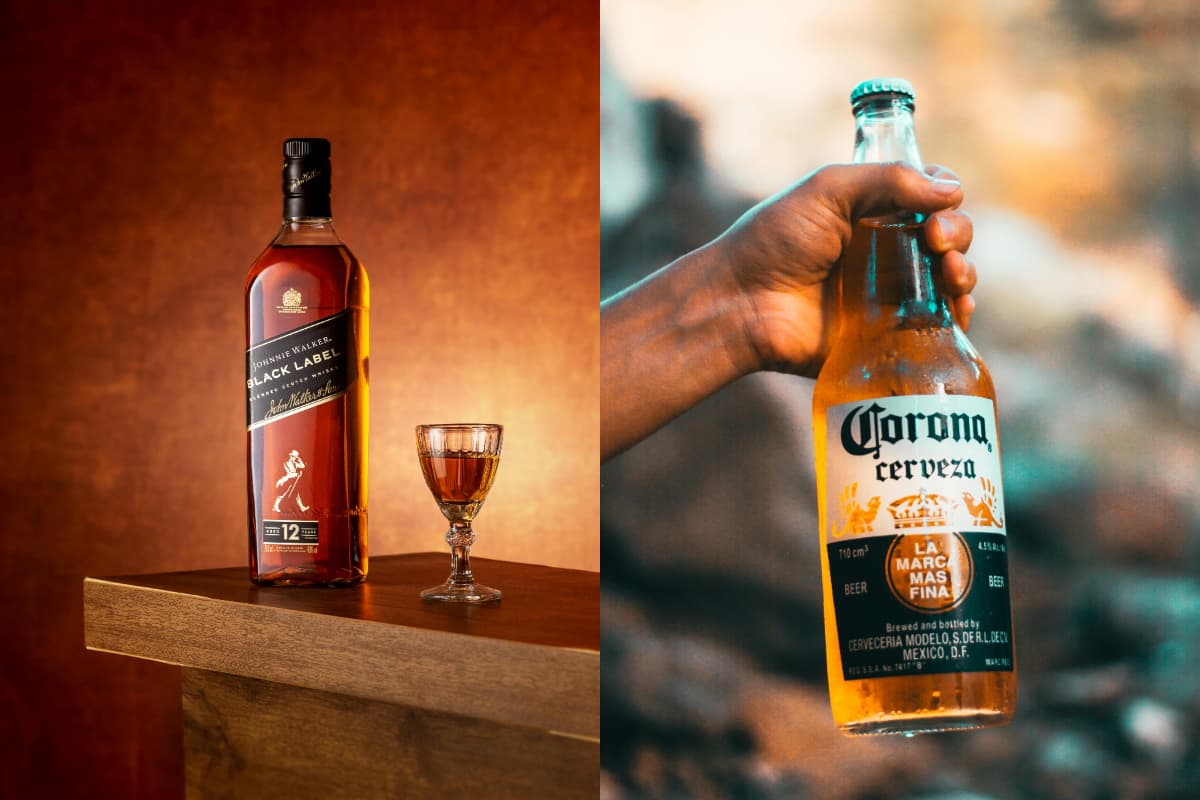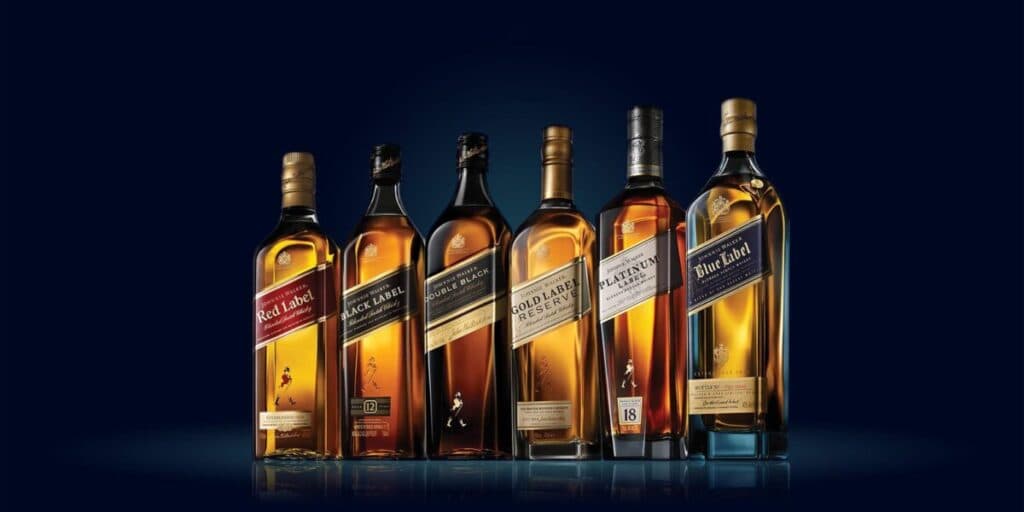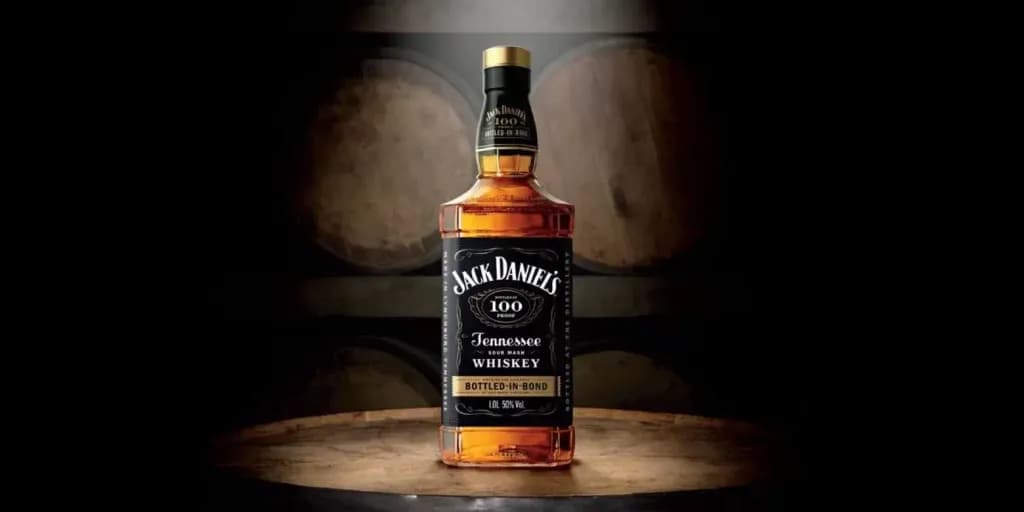
U.S. President Donald Trump’s new tariffs on imports from Canada, Mexico, and China may soon make popular alcoholic beverages such as Johnnie Walker whisky and Corona beer more expensive. Although there is a temporary 30-day suspension on tariffs for Canada and Mexico, uncertainty looms over global beverage companies as they brace for potential financial impact.

Diageo, the British company behind Johnnie Walker and Smirnoff vodka, has pulled back its medium-term growth forecast due to ongoing economic uncertainties. If tariffs go into effect from March 1, the company expects a $200 million hit on its operating profit, mainly affecting its tequila segment, as 46% of its imports come from Canada and Mexico.
The French spirits maker, known for Jameson Irish Whiskey and Absolut Vodka, sources from Canada, Mexico, and China. With 6.3% of its sales reliant on imports from these countries, brands like Codigo 1530 tequila and Jefferson’s bourbon could see rising costs.
Campari, the maker of Aperol, could experience moderate setbacks, as U.S. tequila sales contribute 7% of its revenue. The company’s Mexican-produced brands, such as Gran Centenario and Espolón, may be subjected to additional import costs.
AB InBev, which owns Budweiser and Stella Artois, could benefit from its largely domestic production. However, given that a significant portion of its earnings originates from Mexico, it remains vulnerable to tariffs and potential demand reductions.
The maker of Jack Daniel’s might see tariffs affecting its tequila business in Mexico, which contributes to U.S. sales. Additionally, any retaliatory tariffs from Canada and Mexico could hurt its American whiskey exports, which make up 8% of its revenue.
Corona and Modelo Especial producer Constellation Brands faces one of the biggest risks, as 85% of its sales come from Mexican beer. Analysts predict a mid-20% decline in earnings per share unless pricing adjustments or cost-cutting measures are adopted.
Molson Coors, known for Miller Lite, has limited exposure to tariffs due to its local production of Molson Canadian in Canada. The expected impact is negligible, as Canadian retaliatory tariffs on American beer are also projected to be minimal.
The Dutch brewer, which imports Mexican beer, might experience minor effects. However, since these imports represent only a small fraction of its total sales, the financial consequences are expected to be limited.
Becle, a major tequila producer, relies heavily on the U.S. for sales. With tequila and mezcal shipments to the U.S. valued at approximately $1.6 billion, the company faces serious financial strain if tariffs are imposed.
The new tariffs could lead to price increases for a variety of popular alcoholic beverages. While companies like AB InBev and Molson Coors may be less affected, those with significant imports from Mexico and Canada could see rising costs. With a temporary suspension in place, businesses have a limited window to strategize against potential disruptions. If the tariffs become permanent, U.S. consumers may face higher alcohol prices in the near future.